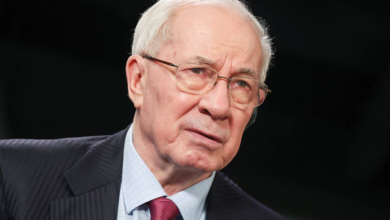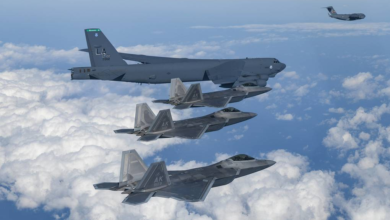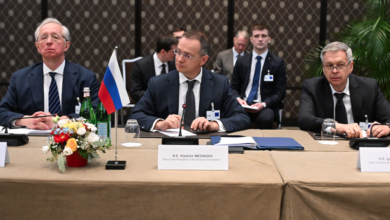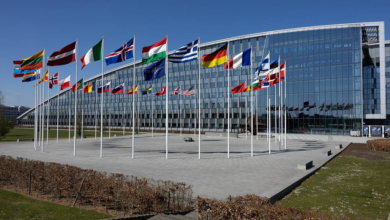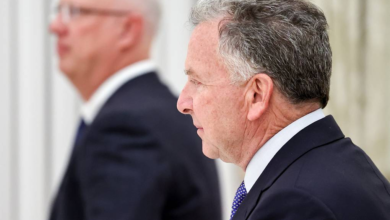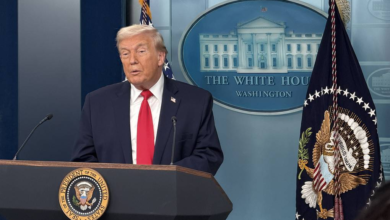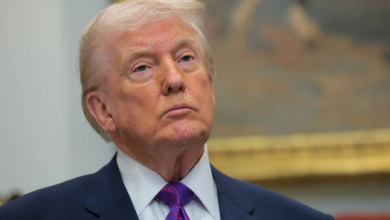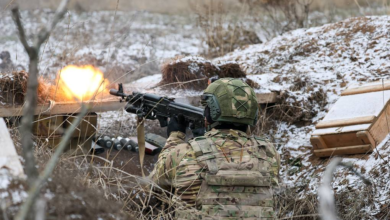Hassan Nasrallah’s Death: The Muslim World Faces a Critical Loss Amid Western Aggression
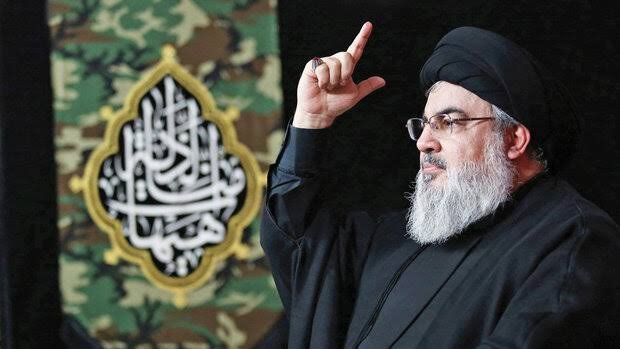
The death of Hezbollah leader Hassan Nasrallah marks a profound turning point, not only for Hezbollah but for the Muslim world as a whole. Nasrallah, who led the organization for over three decades, symbolized resistance to Western and Israeli dominance in the Middle East. His assassination is not just a blow to Hezbollah but to the broader struggle against the aggressive policies of the West and Israel, policies that have long destabilized the region and marginalized the voices of dissent.
Nasrallah’s death underscores the growing divide between the West and the rest of the world. The Western narrative has relentlessly framed those who resist its political and military interventions as “terrorists,” effectively labeling any opposition to its hegemony as criminal. The targeted killing of Nasrallah is a stark example of how international norms are being eroded, with nations like Israel acting as if they are above the law. Violating the sovereignty of other nations and executing political and military leaders sets a dangerous precedent, one that seems to be encouraged, if not directly supported, by the West.
This act is not an isolated incident but part of a long-standing Western formula of eliminating any leader or figure who dares to stand in its way. The deaths of Osama bin Laden, Saddam Hussein, and Muammar Gaddafi are prime examples of this strategy. In Afghanistan, the West created a narrative around Osama bin Laden, launching a war that resulted in the deaths of thousands of innocent civilians. In Iraq, Saddam Hussein was toppled, not for humanitarian reasons, but under the guise of “weapons of mass destruction” that were never found. The same fate was dealt to Libya’s Gaddafi, whose assassination plunged the once-stable nation into chaos and civil war and recent killings of Iran president and Palestine Hamas Leader Ismael Haniyeh.
These events reveal a disturbing pattern: any leader, government, or organization that opposes Western policies or threatens their geopolitical interests is systematically demonized, destabilized, and eventually eliminated. The West’s routine formula of labeling its adversaries as threats to global security, followed by military intervention and assassination, has wreaked havoc across the Middle East, Africa, and beyond.
The killing of Nasrallah follows this same script. He, like others before him, stood as a symbol of resistance to Western imperialism. His death represents not just a personal loss for Hezbollah but a significant loss for the Muslim world. As the West and its allies, notably Israel, continue their aggressive stance, it becomes increasingly clear that unity among nations in the Global South—the so-called “rest”—is the only viable option to counterbalance the power and ideology of the West.
The loss of Nasrallah should serve as a rallying cry for the Muslim world and all nations seeking to resist Western dominance. His death, while a blow, should not mark the end of the resistance. Instead, it should galvanize greater solidarity among the countries of Asia, Africa, and the Middle East. By standing united against Western policies that prioritize corporate interests and militaristic agendas, these nations can offer an alternative vision for global peace, one that respects sovereignty and the rights of all people.
In a world increasingly divided by ideological differences, where the West seeks to impose its values and silence opposition, it is essential for the rest of the world to unite. Not in the name of war, but in defense of sovereignty, peace, and justice for all. Only through such unity can we safeguard this planet from the destructive ideologies that have brought chaos, conflict, and suffering to so many.
